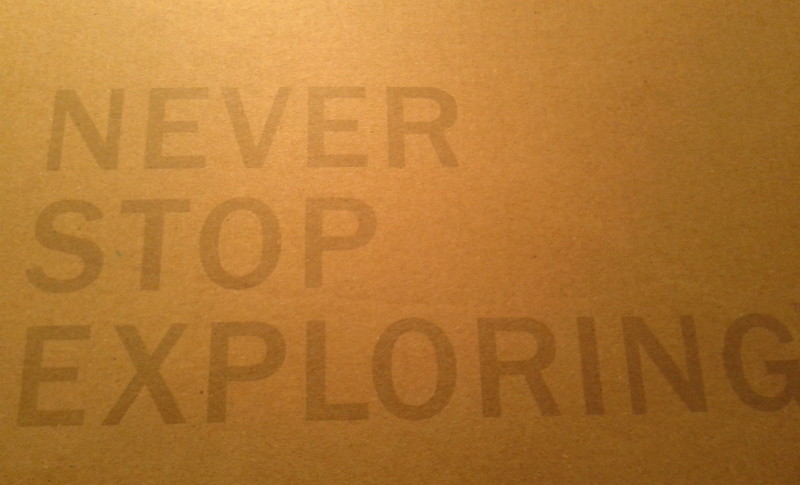Today I want to explore two ways that lead to disengagement at work: burnout and boredom.
Burnout as exhaustion and loss of meaning
Burnout is a common malaise in the nonprofit sector. Individuals (and organisations) don’t burnout simply because of too much work. The ‘burnout process starts with the wearing out of engagement, when energy turns into exhaustion, involvement turns into cynicism, and efficacy turns into ineffectiveness’ (Schaufeli et al. 2009: p. 2014).
In a context of stress and long working hours, burnout blooms when the gap between expectations (‘the job with this organisation is going to be so interesting, I’ll be able to travel and help people’) and reality (‘my manager is a nightmare and I spend all my day behind a screen dealing with bureaucracy’) is simply too wide.
Many who burnout are exhausted not only by the amount of work, but mostly by the office politics, by the cynicism and lack of care that surround social purpose or humanitarian organisations.
Somehow burnout is like falling out of love with your ‘dream job’. That hurts. Waking up to the conflict between the organisation’s stated values and its values in action, is a painful experience, which tends to be expressed by anger (an acceptable emotion in NGOs) and a cynical attitude. What’s under this is generally a deep disillusionment and sadness, due to a loss of meaning.
‘Bored-out’ as the need for new challenges
One day a friend who was dissatisfied with his job asked me: ‘Am I burned-out?’ I replied: ‘No, from what you tell me you are bored-out!’. In spite of long working hours, and ongoing emergencies, boredom is another malaise of (aid) work. Let me clarify. The father of the concept of ‘flow’ in psychology, Csikszentmihalyi, explains how with low challenge and high skill, the corresponding state of consciousness is boredom.
Bored at work
Mindful of not falling prey to the cycle of eternal dissatisfaction, if you are bored at work, you may want to think about exploring new horizons, within the organisation or elsewhere. Boredom kicks in when there is a mismatch between challenge and skills, e.g. you have higher skills than what the job requires, and when there is limited space for creativity.
Ask yourself: Am I doing my job on automatic pilot? Am I learning anything new? And the key ‘scientific question’: Am I spending too much time on Facebook and Twitter? Depending on your answers it may be time for a change (or not).
Bored after work
It’s common to experience boredom when one is in an isolated field location. Gaza, Sudan, Somalia are not exactly places where one has easy access to entertainment, or can freely move around. Here I guess one has to be prepared (ask yourself: ‘Can I put up with such isolation and tight security?’ I know I can’t) and get creative. My ‘practical’ tip for today is for you to explore the Coursera website, which offers ‘education without borders’. If you love learning, have a decent Internet connection, and have time on your hands, this is the place to follow really engaging courses on anything, from emotional intelligence, to web programming.
Boredom kills the soul as much as burnout, so let’s be mindful of its impact on ourselves and on others.
Engaged at work and beyond
The good news is that both burnout and boredom can be the springboard for greater wellbeing and transformation. In fact, ‘most novel ideas or behaviors are generated by people who try out new things because they are bored by old routines, or because they are confounded by chaos’ (Csikszentmihalyi, 1993: p. 255).
***
Resources:
Csikszentmihalyi, M. (1993) The Evolving Self. A Psychology for the Third Millennium, HarperCollins Publishers.
Schaufeli, Leiter, Maslach (2009) ‘Burnout: 35 years of research and practice‘, in Career Development International Vol. 14 No. 3, pp. 204-220.




Your article describes exactly how I am feeling after 4 years in the aid business (Palestine, South Sudan, Afghanistan). It’s like you are inside my head reading my thoughts. Somehow it feels better to know that I’m not the only one. When we’re on posting, we never talk openly about these things.